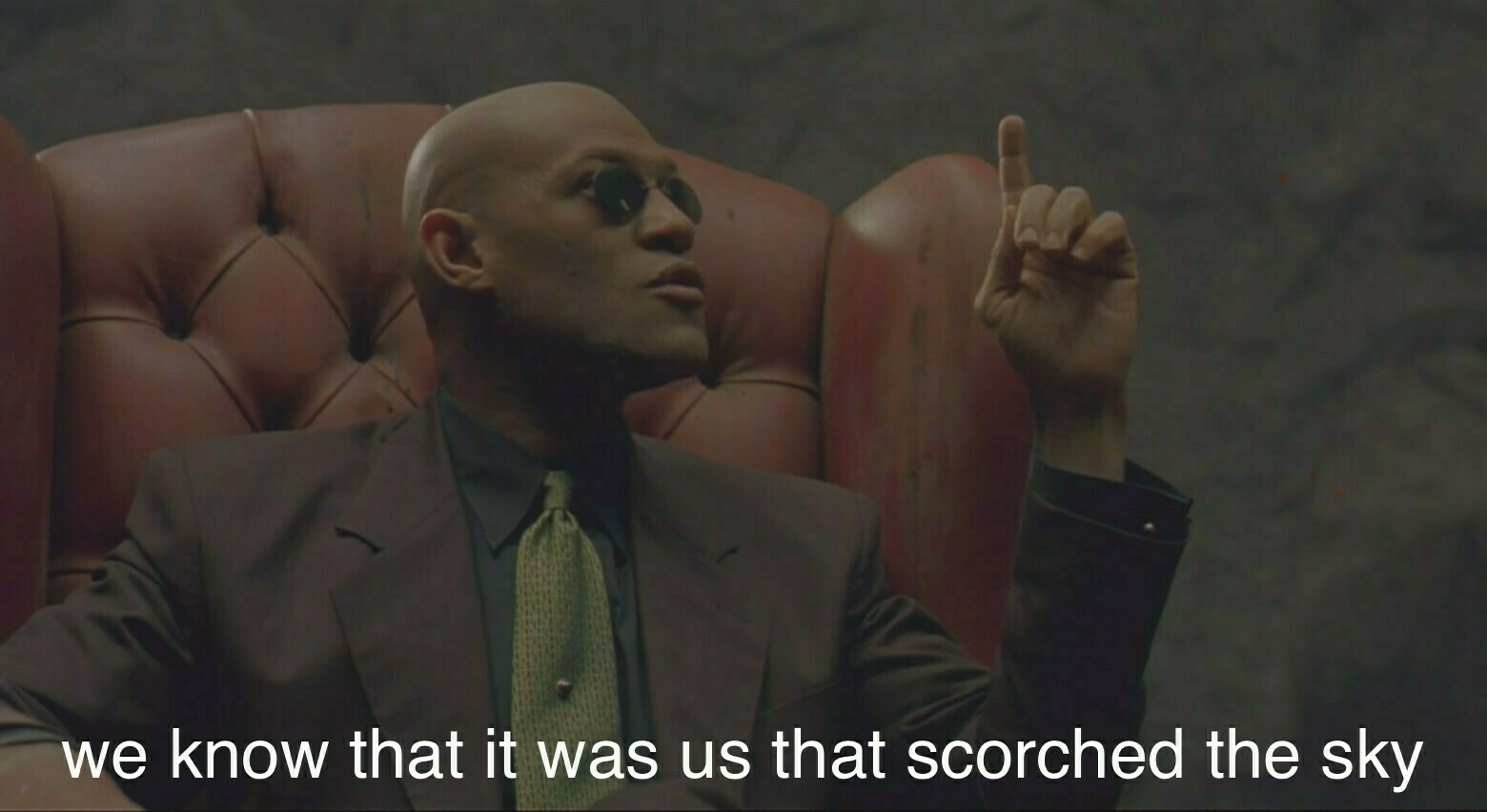Charles Eisenstein makes an important point here:
My main message to the environmental movement is to shift the narrative away from our own destruction. From “Change or we won’t survive,” to “Change or we will continue to lose what is beautiful and sacred.” It is a shift into love.
This is important for three reasons: two practical and one spiritual
- What if (if!) the threat from climate change has been overstated, especially by those who have fallen prey to the imperatives of social media to drive engagement through hype and fear? If one faction has said we must stop climate change or die and climate change doesn’t kill us then the other faction will say, “See? We told you those people were crazy! Drill, baby, drill!”
- Another possibility: a corporation or a billionaire finds some “technological” fix to climate change. Something that blunts the effects without requiring much, if any, change to our behavior. At that point, those who refuse to acknowledge the harm done by the systems we have set up would be able to say that the problem was fixed, no further change is necessary.

- As Charles Eisenstein says elsewhere in the linked article, survival isn’t our main goal. Death comes for all: persons, nations, civilizations, and planets. The question is how best to live. Given that our current mode of life is wildly destructive, change must happen. And any call for change in response to our various ecological disasters must be a demand for — to use Christian language — repentance and amendment of life. Anything short of that kicks the can down the road. The total solution requires that we “uncenter our minds from ourselves.”